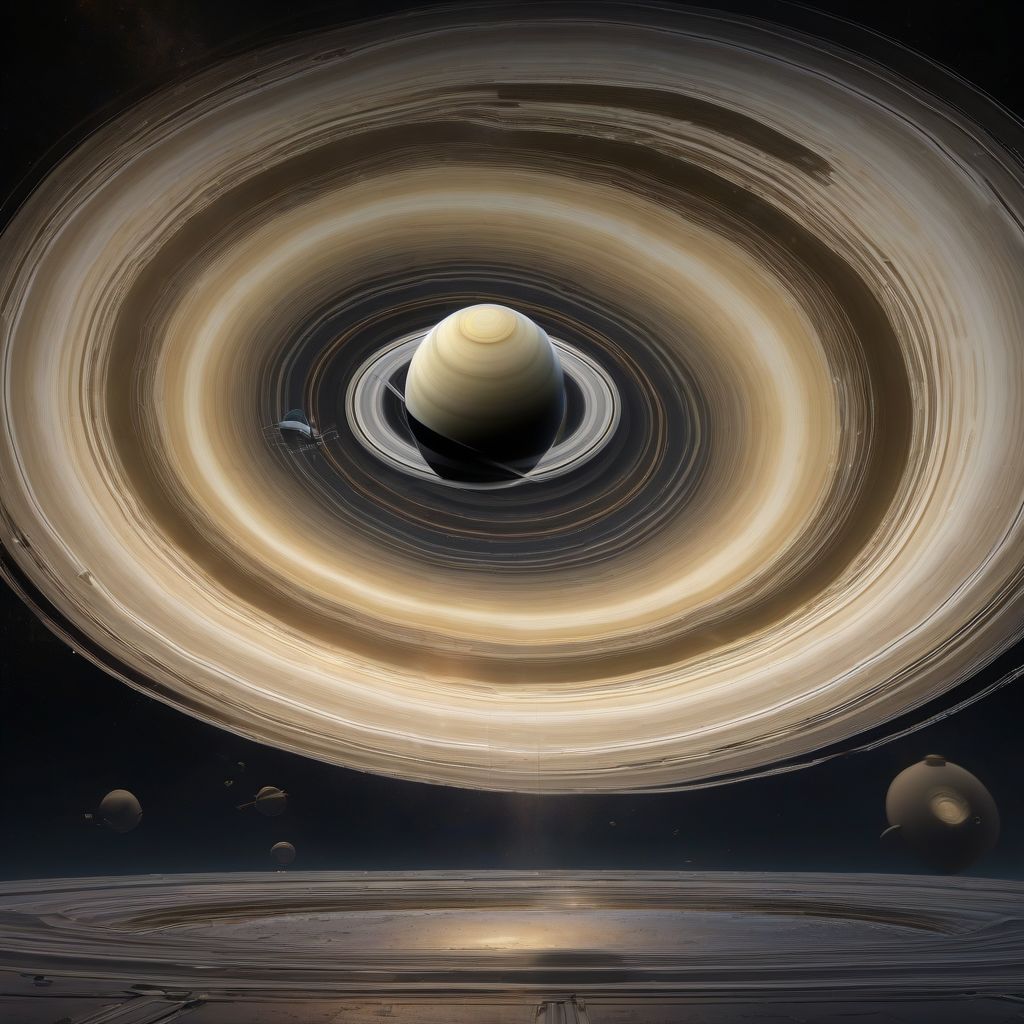Have you ever gazed up at the night sky and wondered about the secrets hidden within the vast expanse of the cosmos? For centuries, humanity has sought to unravel the mysteries of the universe, driven by an insatiable thirst for knowledge and a desire to understand our place among the stars. In recent decades, space missions have revolutionized our understanding of astronomy, unveiling breathtaking images, collecting invaluable data, and pushing the boundaries of human exploration.
Expanding Our Cosmic Horizons: How Space Missions Shape Our View of the Universe
Unlike ground-based telescopes limited by atmospheric distortion, space telescopes like Hubble and Chandra X-ray Observatory have provided crystal-clear views of distant galaxies, nebulas, and star formations. These images have not only captivated the public imagination but also enabled groundbreaking discoveries about the age, expansion, and composition of the universe.
Moreover, missions like Kepler and TESS have scanned the Milky Way galaxy for exoplanets – planets orbiting other stars. The sheer number of exoplanets discovered – some potentially habitable – has fueled excitement about the possibility of life beyond Earth and transformed our understanding of planetary systems.
Unveiling the Secrets of Our Solar System: From Mars Rovers to Jupiter’s Moons
Space missions haven’t just focused on distant objects. Robotic explorers like the Mars rovers (Curiosity and Perseverance) have traversed the Martian surface, collecting rock samples, analyzing the atmosphere, and searching for signs of past or present life. These missions have provided invaluable insights into the Red Planet’s geology, climate, and potential for supporting life – paving the way for future human exploration.
Further afield, the Juno spacecraft has been orbiting Jupiter, studying its atmosphere, magnetosphere, and internal structure. This mission has challenged previous assumptions about gas giants and provided stunning images of Jupiter’s swirling storms and auroras. Similarly, the Cassini mission to Saturn revolutionized our understanding of the ringed planet and its moons, revealing the potential habitability of Enceladus and Titan.
 Cassini's Grand Finale at Saturn
Cassini's Grand Finale at Saturn
The Future of Discovery: Upcoming Missions and Their Potential Impact
The future of space exploration promises even more groundbreaking discoveries. The James Webb Space Telescope, launched in December 2021, is poised to revolutionize our understanding of the early universe, star formation, and exoplanet atmospheres with its unprecedented sensitivity and infrared capabilities.
Furthermore, missions like the European Space Agency’s JUICE (Jupiter Icy Moons Explorer) and NASA’s Europa Clipper aim to further investigate the icy moons of Jupiter and Saturn, seeking to determine if they harbor life in their subsurface oceans.
The Domino Effect: How Space Missions Drive Technological Advancements
Beyond astronomy, space missions have a significant impact on technology development. The challenges of designing, building, and operating spacecraft in extreme environments have led to innovations in materials science, robotics, communications, and more. These advancements often find their way into everyday applications, benefiting society in fields like medicine, transportation, and consumer electronics.
For example, image processing techniques developed for analyzing Hubble data have been adapted for medical imaging, improving cancer detection and diagnosis. Similarly, lightweight materials initially designed for spacecraft are now used in everything from airplanes to prosthetic limbs.
Conclusion: A Universe of Discoveries Awaits
The impact of recent space missions on astronomy is undeniable. They have expanded our cosmic horizons, unveiled the secrets of our solar system, and driven technological advancements that benefit humanity in countless ways. As we continue to explore the cosmos, we can only imagine the breathtaking discoveries that await us, inspiring future generations to reach for the stars and unlock the mysteries of the universe.
What are your thoughts on the future of space exploration and its impact on our understanding of the universe? Share your thoughts in the comments below!
[amazon bestseller=”telescope”]
